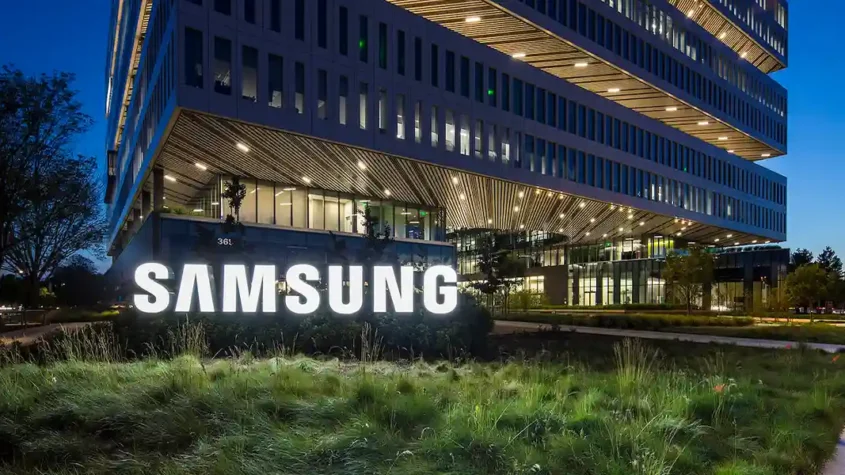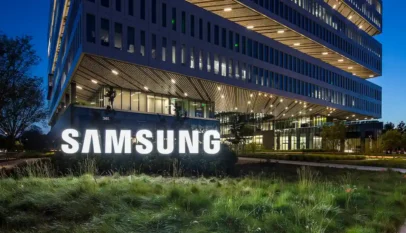
Samsung’s exports to China surpassed those to the United States in 2024, marking a significant shift in trade dynamics influenced by geopolitical factors and market demand. Amid political uncertainties in the U.S. and concerns over potential tariffs under former President Donald Trump’s policies, China emerged as a key market for global original equipment manufacturers (OEMs), leading to record-breaking exports from Samsung.
According to Samsung’s annual business report, the company’s exports to China increased by 53.9% year-over-year, reaching 64.9 trillion won ($44.8 billion) in 2024, as reported by Yonhap News Agency. This sharp increase highlights China’s growing demand for semiconductor components and mobile memory chips, areas where Samsung holds a strong market presence.
The company’s export portfolio to China includes LPDDR memory, NAND flash memory, and image sensors, along with lower-tier versions of high-bandwidth memory (HBM). These components play a critical role in China’s booming tech industry, particularly as the country expands its semiconductor capabilities under the Two-New policy—a government initiative aimed at boosting next-generation infrastructure and industrial innovation.
The rising demand for Samsung chips in China also benefited South Korean chipmakers like SK Hynix, as Chinese firms sought alternatives amid U.S. trade restrictions. Samsung’s semiconductor sales subsidiary in Shanghai experienced significant growth, reporting sales of KRW 30.07 trillion.
Additionally, Samsung’s NAND flash memory factory in Xi’an saw impressive performance, generating KRW 11.18 trillion in revenue and KRW 1.20 trillion in operating profit. The plant remains a key production hub, supplying critical memory chips for various smartphones, computers, and data centers.
With China’s demand for semiconductor components showing no signs of slowing down, Samsung’s strategic focus on the Chinese market is expected to continue. While global trade policies and geopolitical factors remain uncertain, the company’s ability to adapt to shifting market conditions has strengthened its position as a dominant player in the semiconductor industry.
Samsung Extends One UI 7 Update to More Galaxy Devices
Samsung has officially confirmed the rollout of its Android 15-based One UI 7 update, expa…










